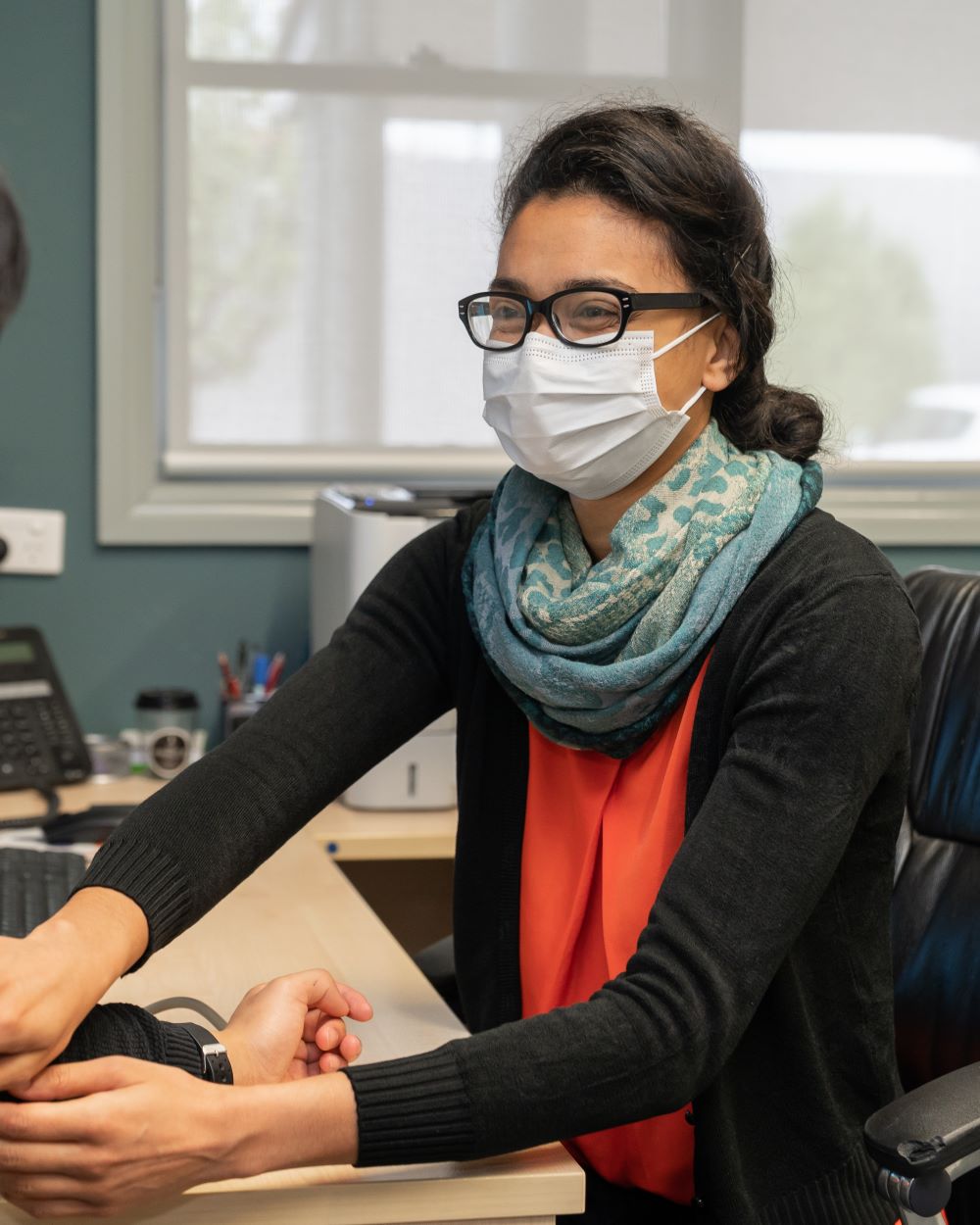About the AST
The AST in Population Health, is designed to help Rural Generalists lead population-level change in rural and remote communities.
It equips you with skills to prevent illness, reduce disease burden, and address long-standing health inequalities, preparing you for a pivotal role in promoting health and preventing disease outbreaks.
Supervised by both clinical and academic supervisors, you’ll complete targeted projects that align with local health needs and priorities, building expertise that benefits individuals as well as whole communities.

Curriculum highlights / credentials
A Rural Generalist who completes the AST in Population Health can:
- Take a leadership role in rural communities
- Design and implement community health strategy
- Undertake rural population research
- Respond to infectious disease outbreaks
- Advocate for funding for interventions that address determinants of population health.
Where you can complete this AST
Population Health AST posts are accredited on a case-by-case basis prior to commencement of term. You may complete the AST across one or more posts prospectively accredited by ACRRM. Suitable training posts might include:
- A dedicated public population health service such as a Population Health Unit or a Public Health Centre or Centre for Disease Control
- In a post already accredited by ACRRM for Core Generalist Training
- A training post accredited by the Australian Faculty of Public Health may be suitable provided it is also accredited by ACRRM for the AST
- Institutions with established educational links to other institutions and involvement with undergraduate teaching and other vocational training would be highly desirable.
I use my AST in population health as part of my role with RFDS in the Telehealth and Education space. It also adds another rewarding dimension to my work in both Emergency and Primary care. It has allowed me to better understand the underlying factors leading to injury and disease, and try and make a broader impact on the health and well-being of communities.
Dr Katrina Starmer
Got a question about training?
You can call us on 1800 223 226 or contact the training team.

